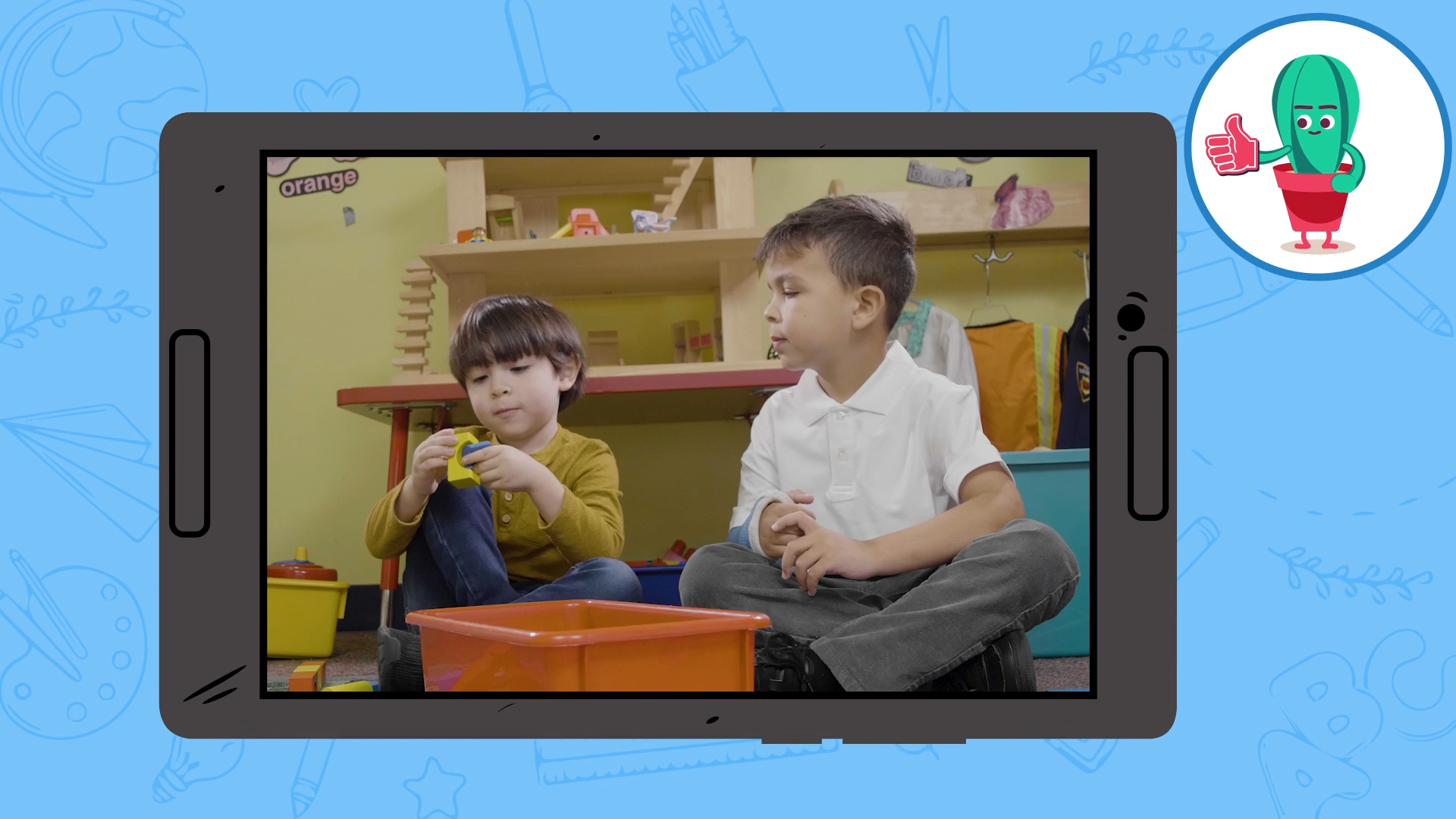
Sharing toys is a crucial skill that helps children develop positive relationships and learn the principles of Social-Emotional Learning. This blog post will guide educators through an activity that requires no preparation or materials, and provide discussion questions to stimulate further conversations. Additionally, related skills and next steps will be covered to help educators continue fostering these essential abilities in their students.
Introduction
When children learn to share toys, they are also learning valuable social skills, such as empathy, cooperation, and communication. These skills form the foundation of Social-Emotional Learning, which is vital for students’ success in school and life. In this post, we will explore an engaging, no-prep activity that educators can use to teach the importance of sharing toys and building positive relationships.
No-Prep Activity
This activity, called “The Sharing Game,” encourages students to share toys and practice their communication skills. To begin, have students sit in a circle with a variety of toys placed in the center. Explain that they will take turns choosing a toy and sharing it with a friend in the circle. The goal is for everyone to have a turn with each toy.
As the students play, encourage them to communicate their feelings and thoughts. For example, if a student is having difficulty sharing, they might say, “I know it’s my turn to share, but I really like this toy. Can I have a few more minutes with it?” This helps students practice expressing their emotions and negotiating with their peers in a respectful manner.
Once everyone has had a turn with each toy, bring the group together for a discussion about their experiences during the activity.
Discussion Questions
- How did you feel when it was your turn to share a toy? How did you feel when it was someone else’s turn to share with you?
- What strategies did you use to communicate your feelings and thoughts during the activity?
- How can sharing toys help build positive relationships with others?
- Why is it important to practice empathy and understanding when sharing with others?
- What other situations might require sharing or cooperation? How can the skills practiced in this activity apply to those situations?
Related Skills
Beyond sharing toys, there are other related skills that students should develop as part of Social-Emotional Learning. These include:
- Active Listening: Being able to listen and respond to others in a way that demonstrates understanding and respect.
- Conflict Resolution: Learning to resolve disagreements and find solutions that work for everyone involved.
- Teamwork: Collaborating with others to achieve a common goal, while respecting each individual’s contributions.
- Respect: Treating others with kindness, empathy, and understanding, regardless of their background or beliefs.
Next Steps
Now that you have a better understanding of the importance of sharing toys and the related skills, it’s time to put these concepts into practice. To help you get started, we encourage you to sign up for free samples of skill-building activities and materials at Everyday Speech. These resources will provide you with additional tools and strategies to support your students’ Social-Emotional Learning journey.

